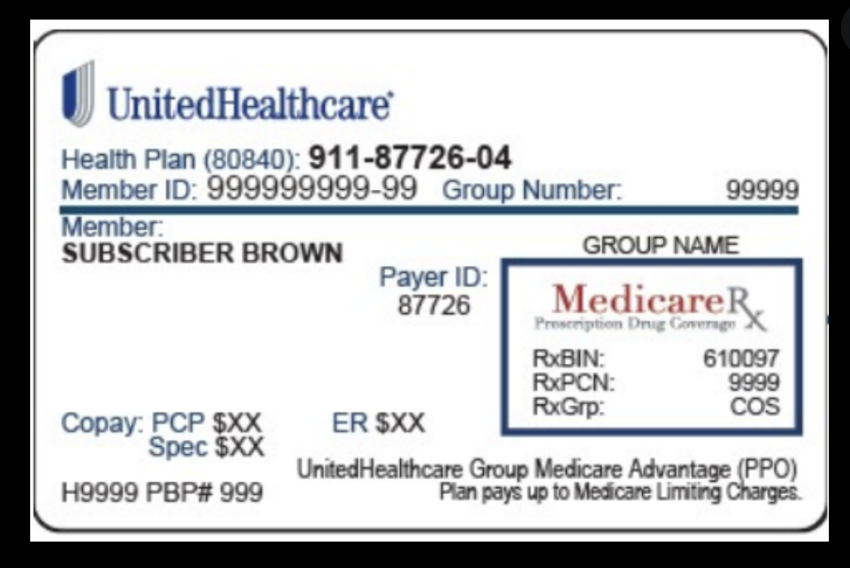RealClearHealth, LLC – While much of the Inflation Reduction Act analysis has been focused on the newly established mandate for the federal government to set drug prices in Medicare, bringing down the price of medicines, the law also makes other changes to Medicare.
It reduces federal subsidies to low-income and high-need people, putting more financial risk onto the health insurance companies and pharmacy benefit managers that offer drug plans and puts a limit on out-of-pocket spending for beneficiaries.
With any change in law, there are some desired and expected outcomes and likely unexpected downsides.
In this case, the shifting financial incentives in the Inflation Reduction Act are expected to erode the attributes that make the Medicare drug benefit or “Part D” well-liked.
Academics, actuaries, and business leaders anticipate the upcoming changes will result in more restrictive drug formularies and fewer part D plans.
…article continued below
– Advertisement –
Moreover, the Inflation Reduction Act will not reduce drug costs meaningfully for most Medicare beneficiaries and will increase out-of-pocket costs for many.
When surveyed, Medicare Part D enrollees report high satisfaction with the plan, particularly their ability to get their medicines affordably in a plan they find convenient to use.
However, when surveyed, many healthcare plan administrators indicated that they plan to make formularies more restrictive and use more utilization controls due to the Inflation Reduction Act; they also expect premiums to increase.
They may steer Medicare beneficiaries to use drugs that have to be administered by a doctor rather than pills that can be picked up at a pharmacy because those drugs fall outside of the pharmacy benefit where risk is changing.
Several aspects of the design change likely create incentives that encourage more restrictive formularies.
…article continued below
– Advertisement –
Of the 50 million people enrolled in the drug benefit, roughly two million have health needs resulting in high out-of-pocket costs.
With the Inflation Reduction Act those beneficiaries will no longer have to pay for covered drugs after they have spent $2,000 out-of-pocket …
